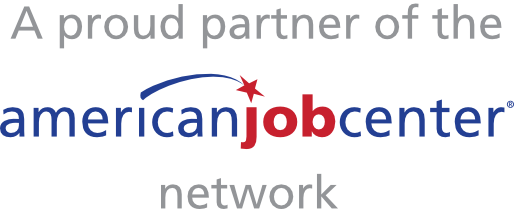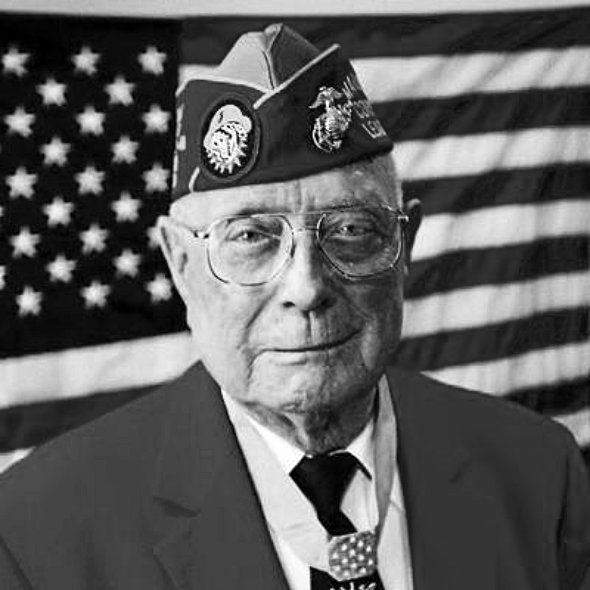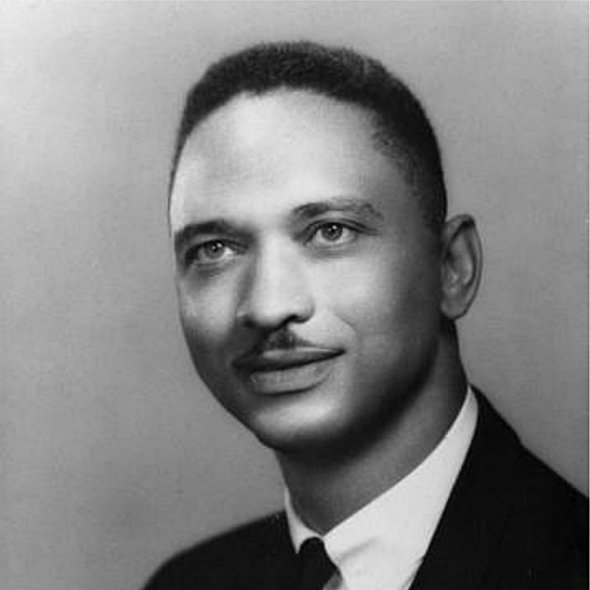When Sullivan began his 38-year tenure as pastor of Philadelphia’s Zion Baptist Church in 1950, he was able to see the needs of his community. From the view of his pulpit, he saw thousands of African Americans without jobs struggling to put food on the table in a city where thousands of jobs sat waiting to be filled. Rather than encourage the disenfranchised to pursue public assistance, Sullivan wished to empower his congregation through jobs training and economic development.
Sullivan was optimistic from the beginning – he encouraged Philadelphia’s largest companies to interview young black men. When only two employers answered the call, he organized with 400 ministers to launch a boycott targeting the city’s businesses unwilling to practice equal opportunity employment. The campaign opened up more than 4,000 jobs to African Americans.
While many young blacks were hired, many more still needed to be trained. Sullivan used donations from his supports to found the Opportunities Industrial Centers in 1964 – the Center provided job and life skills training and matched graduates with the needs of Philadelphia-based employers. The initial success of the original OIC saw its replication around America, resulting in job creation for blacks in 70 U.S. cities and 15 African countries.
In 1971, Sullivan’s optimism and economic vision saw him appointed to the board of directors for General Motors, becoming the first African American to hold such a seat at the auto giant. His Global Sullivan Principles, originally aimed at multinational companies, were embraced GM and soon after adopted by the United Nations in 1999 as an international code of corporate conduct.
Among other collaborative efforts and international successes, Sullivan was nominated for the Nobel Peace Prize, awarded the 1991 Presidential Medal of Freedom, and received honorary degrees from 50 higher education institutions. Prior to his death in 2001, his hometown of Charleston honored him by renaming a major thoroughfare Leon Sullivan Way.
Sullivan’s optimism in the face of racial discrimination served as a beam, illuminating hope in thousands of struggling black men. He operated by the mantra of “Build Brother Build” – a philosophy that governed all aspects of his remarkable life. From the dirt streets of Charleston to the board room of America’s largest auto company, Sullivan built his legacy on the foundation of optimism.

